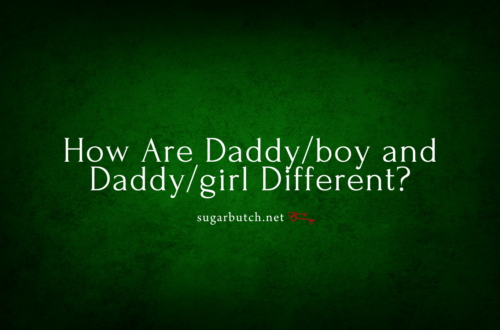This site contains explicit writings on kink practices, dominant/submissive relationships, and queer kink erotica (among other things). All characters in role play or non-consent scenes are consenting adults. Content warnings are included.
I am not noticed much in New York City. My recent trip to Washington State’s Olympic Penninsula reminded me of this and I’ve been more observant of it ever since.
Honestly, to most subway commuters, shoppers, service industry employees, I just don’t register on their freak radar. I dress quite conservatively, usually, for one. I’m often in slacks and button-downs, kakhis and a polo, with a gadget bag and an iPod when I am commuting to and from Manhattan, and I just don’t account for as much attention as someone soliciting for money, someone homeless sleeping on the train, someone with a boa constrictor, someone in a wedding dress.
[Maybe it’s a class thing – upper class and working class are noticed, middle class is generally anonymous and neutral?]I have often noticed that I pass as male here – that people, service employees especially, call me “sir.” But in watching this a little closer I have noticed that it’s not that I’m passing necessarily, I think people are just not paying close enough attention to me – it’s quite obvious I’m female upon just the slightest attentive glance, and I don’t think most people are consciencious enough of genderqueer-ness to call me “sir” by default.
My freak is not in my display of clothing, my costuming, my visible markers – my freak is that my clothing is on this body, that my gender presentation breaks the sex/gender assumption of my societally-instructed gender role. And honestly, the survival skills of New York mean that you don’t – you can’t – pay too much attention to the average Pats and Jamies around you, because you will either: a) get completely overwhelmed by the input, or b) miss observing the dangerous freak and find yourself in harm’s way. It is a skill that, as an empath, observer, and writer, I have had much struggle learning, as I want to be able to observe and notice the things going on around me, and indeed that is one of the best things about New York City, this huge, constant swirl of energy and life. But while it is energizing in small doses, to live inside of it constantly we must develop thick, massive boundaries as to not take in all of the constant comedy and tragedy around us.
When I dress up for a date or for a photo shoot, New York’s reaction to me is slightly different. This is when my masculinity becomes deviant and subversive, even aside from the body it is performed upon, because I start looking like a fag, I add elements of flair and sissy and dress-up and vaudeville, and that is not quite the same conservative masculinity that gets scanned over and does not set off anyone’s freak radar.
So my masculine gender is only “freaky” when it starts to be more feminine, more faggy, more queer. This makes sense now that I’m thinking of it – I just never thought about it like that.
My identity is largely marked by the construction of clothes, costuming, and physical appearance, as I think many butches are, as that’s the most obvious adaptation of the non-normative and subversive gender, and of rejecting the compulsory gender. But strangely I’ve gotten to the point where my construction of this notion of my identity is so “natural” that it doesn’t set off freak radar anymore. It’s only when I take my adopted gender role to more queer places – camping it up, making it more feminine with traditionally feminine colors, adding bold accessories and high contrast – that I start standing out in this city.




Is it wrong that I totally love it when things go back so around that they end up being in front of you (collective)?
The fact that it is when your masculinity becomes more feminine that makes you stand out, is just one of the great things I truly adore about being queer; so much of it is fluid. Pinning a harsh definition on anything is so difficult.
It is rare that I pass as male. People here in this small Indian city are very observant, often to the point of obscenity. Besides, there are hardly any butches around. Sometimes I do pass and it is a welcome relief from the uncomfortable staring.
Having lived in NYC my whole life, I think gender-assumptions are generally based around how much physical space you take up and body-language. Perhaps that's because it's crowded here. But even dressed super-femme,w ith long-hair and makeup on, bank employees often called me sir — I'm not physically impossing — 5'6" and slim, but I square my shoulders, don't sink down into my hip, don't duck my head, don't have a femme posture. In menswear, I pass in a casual interaction, but in a social interaction, I find that the men of New York often will note that I am female, and in fact, proceed to note it as often as possible in a conversation, lest I claim too much of their territory; I tend to think it's because I'm usually better dressed than them.